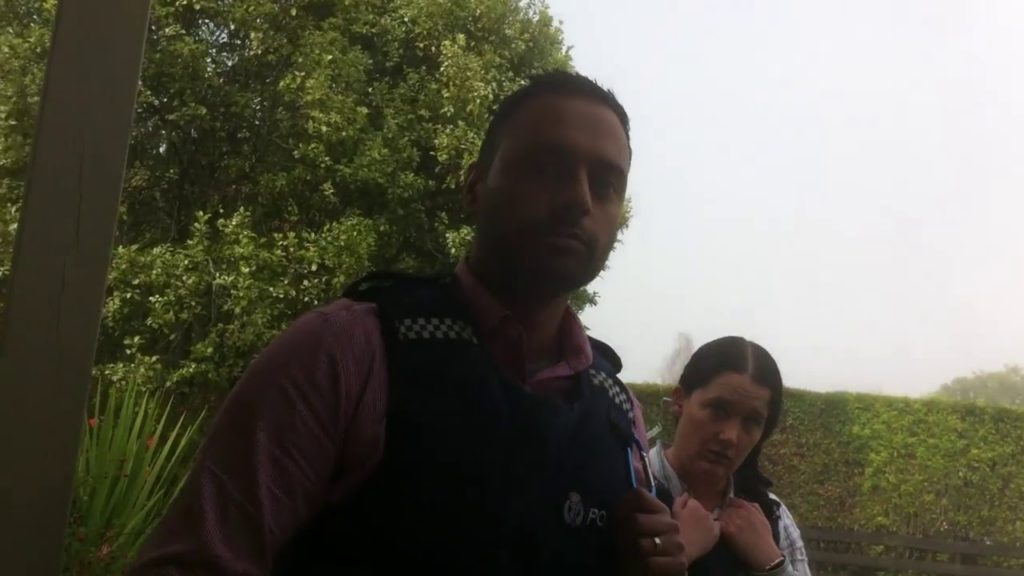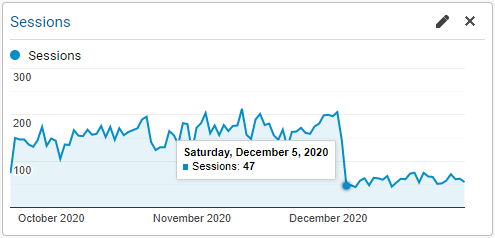
Nayib Bukele is the President of El Salvador, having won re-election earlier this year with almost 85% of the popular vote. Most of his popularity is a result of his security strategy, which has transformed El Salvador from an extremely dangerous country to a safe one. On X, Bukele describes himself as a “philosopher king”. His security philosophy might be applicable to other places plagued by gangs.
Bukele’s approval rating today is some 89%, making him arguably the most popular leader of any country. Understanding why he is so popular requires understanding the difference between the El Salvador before Bukele took power, and the El Salvador now.
El Salvador used to be the most violent country in the Western hemisphere. The MS-13 and Barrio 18 gangs had reduced the country to a battleground. With everyday life under gang control, El Salvador was in danger in collapsing into Haiti-style anarchy. The homicide rate in 2015 was over 100 per 100,000 people.
Bukele came to power in 2019. The homicide rate had fallen from its peak since then, but was still extremely high. In March 2022 there was a spike in homicides due to MS-13, wherein 87 people were randomly murdered by the gang over a three-day period. This was apparently an attempt by MS-13 to intimidate the people of El Salvador into submission.
The response was a ‘War Against the Gangs‘, launched by Bukele that same month. He had described gangs as the metastases of a cancer that is killing Salvadorean society.
The crackdown saw the arrest of around 2% of the Salvadoran population and the construction of a 40,000-person maximum security prison, known as the “Terrorism Confinement Centre”. Since these measures were taken, El Salvador’s homicide rate has plummeted. In 2023 it was a mere 2.4 per 100,000 (c.f. Canada at 2.3).
Could a similar strategy work here?
For one thing, New Zealand gangs don’t cause as much damage as the gangs in El Salvador. The homicide rate in New Zealand is lower than even the 2023 rate there. New Zealand gangs might be feral by New Zealand standards, but by Latin American standards they’re standard-bearers of civilisation.
However, the general cancer metaphor is apt. As family members of gang members can tell you, the damage caused by gang members is not limited to crime. Immeasurable quality of life damage is caused by the constant threats, intimidation and antisocial behaviour that comes with the presence of gang culture.
Moreover, existing gangs could cause extreme damage in the future. The example of El Salvador shows that the homicide rate can increase manyfold in a short period if the economic and social environment permits. Given the ongoing economic collapse of the Anglosphere, anyone could confidently predict a rise in both volume and intensity of gang activity in coming years.
Bukele’s Terrorism Confinement Centre has room for 40,000 people. New Zealand was known to have 8,300 gang members nationwide near the end of 2022. We could, therefore, build a much smaller prison – one that fit 10,000 people – and still have enough room to put every single gang member in it for life.
Other anti-gang measures could readily be adopted from El Salvador.
One of these is the reduction of the age of criminal responsibility, from 16 to 12. Having the age at 16 makes sense in a high-trust, high-social capital environment where most people want to do good. In a low-trust environment, however, tolerance and kindness just gets taken advantage of. Gangs exploit that tolerance and kindness by getting younger teenagers – too young to be charged – to commit crimes. This phenomenon also exists in the New Zealand gang scene, so we might benefit from a similar reduction in the age of criminal responsibility.
Of note is that one element of Bukele’s crackdown was banning media from expressing pro-gang sentiments. If implemented in New Zealand, this would prevent The New Zealand Herald offering a column to former Black Power pack rapist Denis O’Reilly. It would also prevent the numerous hagiographies about gang leaders doing community work.
Unfortunately, no measures will be taken to protect the New Zealand people from the gang menace as long as globalists are in power.
What New Zealand needs is a leader that cares about the New Zealand nation first and foremost.
Also of note is that the political philosophy of Bukele’s movement is explicitly anti-democratic. Bukele’s Vice-President, Felix Ulloa, has said “The democratic system that existed for years in El Salvador only benefited crooked politicians.” The system that exists in New Zealand also only benefits crooked politicians. That suggests that solving our leadership problems might require also solving the democracy problem.
All this might be too much for New Zealand for now – we are yet to see the Mongrel Mob, the Headhunters, Black Power or the Hell’s Angels murder random civilians in New Zealand to intimidate the Government. But the worse our gang problem becomes, the more we will need to consider the need for a Nayib Bukele-style crackdown.
*
For more of VJM’s ideas, see his work on other platforms!
For even more of VJM’s ideas, buy one of his books!
*
If you enjoyed reading this piece, buy a compilation of our best pieces from previous years!
Best VJMP Essays and Articles of 2023
Best VJMP Essays and Articles of 2022
Best VJMP Essays and Articles of 2021
Best VJMP Essays and Articles of 2020
Best VJMP Essays and Articles of 2019
Best VJMP Essays and Articles of 2018
Best VJMP Essays and Articles of 2017
*
If you would like to support our work in other ways, make a donation to our Paypal! Even better, buy any one of our books!














